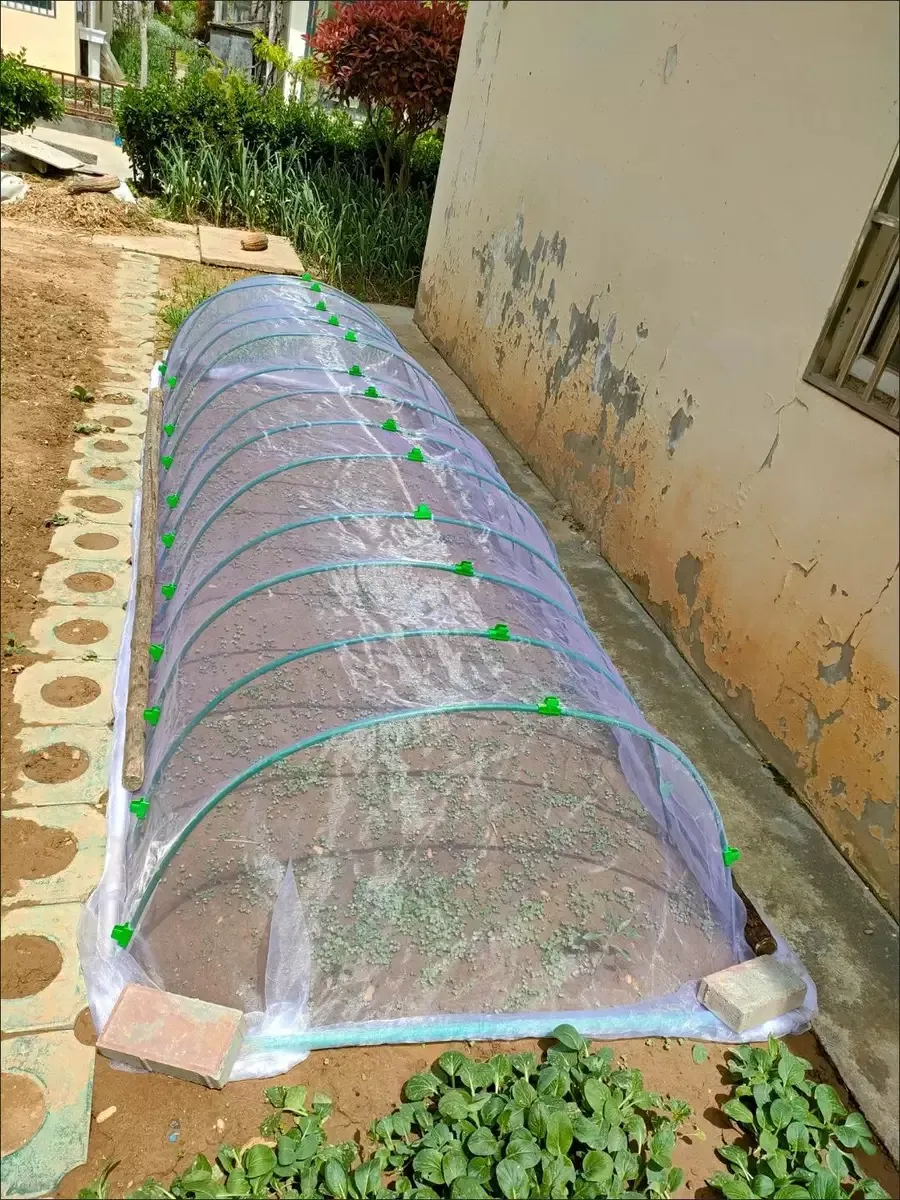-
 Afrikaans
Afrikaans -
 Albanian
Albanian -
 Amharic
Amharic -
 Arabic
Arabic -
 Armenian
Armenian -
 Azerbaijani
Azerbaijani -
 Basque
Basque -
 Belarusian
Belarusian -
 Bengali
Bengali -
 Bosnian
Bosnian -
 Bulgarian
Bulgarian -
 Catalan
Catalan -
 Cebuano
Cebuano -
 China
China -
 Corsican
Corsican -
 Croatian
Croatian -
 Czech
Czech -
 Danish
Danish -
 Dutch
Dutch -
 English
English -
 Esperanto
Esperanto -
 Estonian
Estonian -
 Finnish
Finnish -
 French
French -
 Frisian
Frisian -
 Galician
Galician -
 Georgian
Georgian -
 German
German -
 Greek
Greek -
 Gujarati
Gujarati -
 Haitian Creole
Haitian Creole -
 hausa
hausa -
 hawaiian
hawaiian -
 Hebrew
Hebrew -
 Hindi
Hindi -
 Miao
Miao -
 Hungarian
Hungarian -
 Icelandic
Icelandic -
 igbo
igbo -
 Indonesian
Indonesian -
 irish
irish -
 Italian
Italian -
 Japanese
Japanese -
 Javanese
Javanese -
 Kannada
Kannada -
 kazakh
kazakh -
 Khmer
Khmer -
 Rwandese
Rwandese -
 Korean
Korean -
 Kurdish
Kurdish -
 Kyrgyz
Kyrgyz -
 Lao
Lao -
 Latin
Latin -
 Latvian
Latvian -
 Lithuanian
Lithuanian -
 Luxembourgish
Luxembourgish -
 Macedonian
Macedonian -
 Malgashi
Malgashi -
 Malay
Malay -
 Malayalam
Malayalam -
 Maltese
Maltese -
 Maori
Maori -
 Marathi
Marathi -
 Mongolian
Mongolian -
 Myanmar
Myanmar -
 Nepali
Nepali -
 Norwegian
Norwegian -
 Norwegian
Norwegian -
 Occitan
Occitan -
 Pashto
Pashto -
 Persian
Persian -
 Polish
Polish -
 Portuguese
Portuguese -
 Punjabi
Punjabi -
 Romanian
Romanian -
 Russian
Russian -
 Samoan
Samoan -
 Scottish Gaelic
Scottish Gaelic -
 Serbian
Serbian -
 Sesotho
Sesotho -
 Shona
Shona -
 Sindhi
Sindhi -
 Sinhala
Sinhala -
 Slovak
Slovak -
 Slovenian
Slovenian -
 Somali
Somali -
 Spanish
Spanish -
 Sundanese
Sundanese -
 Swahili
Swahili -
 Swedish
Swedish -
 Tagalog
Tagalog -
 Tajik
Tajik -
 Tamil
Tamil -
 Tatar
Tatar -
 Telugu
Telugu -
 Thai
Thai -
 Turkish
Turkish -
 Turkmen
Turkmen -
 Ukrainian
Ukrainian -
 Urdu
Urdu -
 Uighur
Uighur -
 Uzbek
Uzbek -
 Vietnamese
Vietnamese -
 Welsh
Welsh -
 Bantu
Bantu -
 Yiddish
Yiddish -
 Yoruba
Yoruba -
 Zulu
Zulu
Benefits of Using Agricultural Shade Nets for Crop Protection and Growth Optimization
Agricultural shade netting has emerged as a vital tool for modern farming practices, especially in regions with intense sunlight and varying climatic conditions. It is a specialized fabric designed to provide shade or modify the environment for crops, enhancing their growth and productivity. This innovative solution offers numerous benefits, making it an essential component for sustainable agriculture.
One of the primary advantages of shade netting is its ability to regulate temperature. In areas where crops are exposed to harsh sunlight, excessive heat can lead to stress and reduced yields. Shade netting helps mitigate this challenge by blocking a certain percentage of solar radiation, thus maintaining a more stable and favorable microclimate for plants. By reducing thermal stress, farmers can protect delicate seedlings and sensitive crops, ensuring healthy growth throughout their lifecycle.
Furthermore, shade netting plays a crucial role in water conservation. With the looming threat of water scarcity in many agricultural regions, efficient water management practices are imperative. Shade netting reduces evaporation rates by lowering soil temperature and maintaining humidity levels. This results in better water retention and allows farmers to optimize irrigation schedules, ultimately leading to healthier plants and reduced water usage.
agricultural shade netting

Pest and disease control is another significant benefit of shade netting. Certain nets can deter pests, providing a physical barrier against insects that can damage crops. Additionally, by creating an environment that is less conducive to fungal diseases, farmers can minimize the need for chemical pesticides, promoting a more organic approach to farming. This not only improves crop quality but also supports environmental sustainability.
Moreover, agricultural shade netting can enhance the growing seasons by protecting crops from unpredictable weather conditions, such as hail or heavy rain
. By providing a safe growing environment, farmers can extend their production cycles and improve overall crop yields.In conclusion, agricultural shade netting serves as a multifunctional tool that significantly enhances farming efficiency and sustainability. By regulating temperature, conserving water, controlling pests, and protecting crops from adverse weather, it is a valuable investment for farmers worldwide. As agriculture continues to adapt to climate change and resource constraints, the role of shade netting will undoubtedly become even more crucial in promoting resilient and productive farming systems.
-
Shipping Plastic Bags for Every NeedNewsJul.24,2025
-
Safety Netting: Your Shield in ConstructionNewsJul.24,2025
-
Plastic Mesh Netting for Everyday UseNewsJul.24,2025
-
Nylon Netting for Every UseNewsJul.24,2025
-
Mesh Breeder Box for Fish TanksNewsJul.24,2025
-
Expanded Steel Mesh Offers Durable VersatilityNewsJul.24,2025











